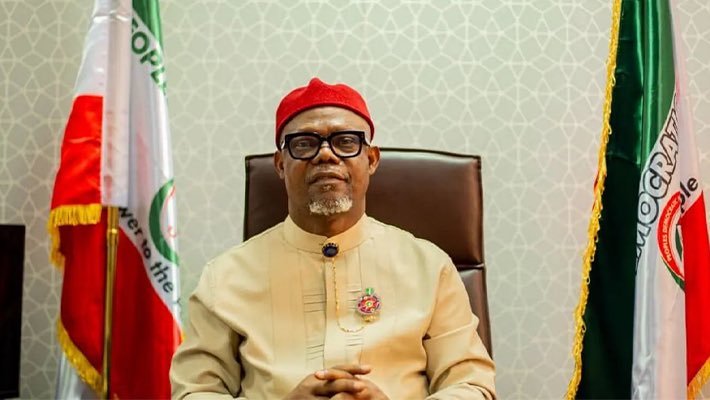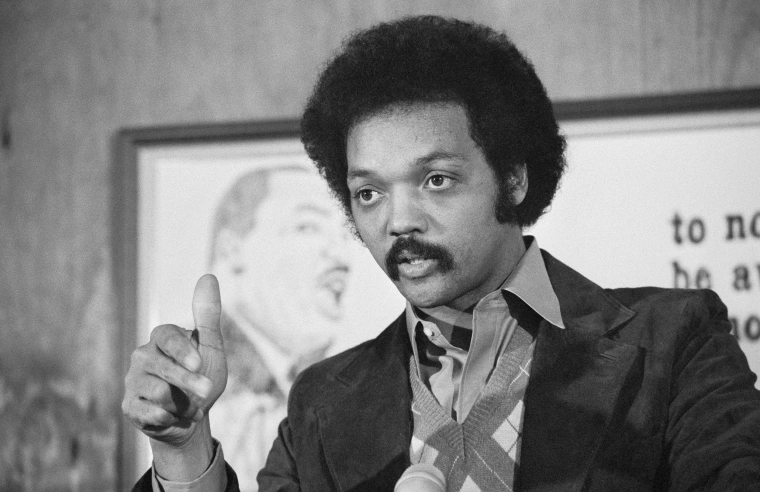Nigeria and the Republic of Benin have signed a Memorandum of Understanding to improve collaboration between local governments and traditional authorities across their shared borders.
Punch reports agreement, signed on August 18, 2025, formalised efforts to deepen grassroots-level ties under the African Union Convention on Cross-Border Cooperation, the Economic Community of West African States Cross-Border Cooperation Initiatives, and the Nigeria–Benin Cross-Border Cooperation Agreement.
MoU Terms
According to a statement from the Head Information and Public Relations Unit, National Boundary Commission Efe Ovuakporie on Friday, the MoU establishes a framework for cooperation between Nigeria’s Border Local Government Areas and Benin’s Communes, as well as traditional rulers from both countries.
It aims to tackle pressing issues, including cross-border crimes, while reviving historic cultural and social ties fractured by colonial-era boundaries.
“The MoU is a grassroots-driven instrument that aligns with continental and regional frameworks while providing practical solutions to the everyday realities of border dwellers,” the Director-General of the National Boundary Commission, Adamu Adaji, who led Nigeria’s delegation to the signing ceremony, said.
Commitment to Implementation
Adamu Adaji noted added that the Federal Government is committed to ensuring the agreement moves beyond paper commitments into concrete action that directly benefits communities.
“This is not just a document. It is a pledge to our people that we will work together, across borders, to build safer, stronger, and more prosperous communities,” Adaji said.
The agreement also sets the stage for progress in the ongoing delimitation and demarcation of the Nigeria–Benin boundary, with local leaders and traditional rulers expected to play pivotal roles in defusing tensions and resolving disputes peacefully.
“This MoU is a message of hope that their challenges are now at the centre of bilateral cooperation,” said Chairman of Baruten Local Government Area in Kwara State, Idris Mohammed, speaking on behalf of Nigeria’s border LGAs.
“Our people have lived with insecurity, disrupted trade, and cultural isolation for too long,” Mohammed said.
From the Beninese side, the Mayor of Malanville Commune, Joseph Ahoyo, praised the agreement for giving a voice to local communities.
“National agreements are important, but without grassroots participation, implementation often stalls.
“This MoU is unique because it empowers communes and traditional authorities to play an active role in shaping the future of our shared border,” he noted.
Traditional rulers were recognised as essential actors in the implementation of the agreement, leveraging their historical roles as custodians of kinship and mediators in community disputes.
The MoU also focuses on the economic potential of border communities, outlining opportunities for joint initiatives in trade, agriculture, infrastructure, and cultural exchange—all geared towards improving livelihoods and advancing regional integration in line with ECOWAS objectives.

























